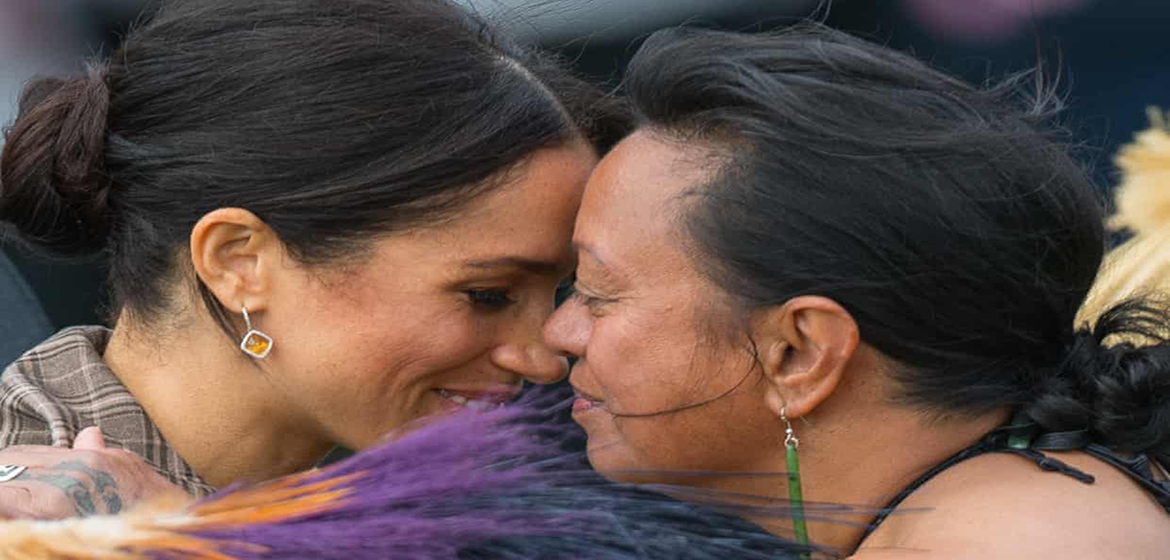Laura Clarke says the increasing use of indigenous language means the country is becoming bilingual
Eleanor Ainge Roy
The British high commission in has been given the green light to recruit its first adviser on Māori affairs, as well as a te reo language teacher for high commissioner Laura Clarke.
Clarke studied New Zealand’s indigenous language in London before being posted to Wellington in January and says the country’s increasing use of the language and culture in formal and everyday life make it a “non-negotiable” requirement.
On a recent visit to New Zealand, the Duke and Duchess of Sussex earned with Prince Harry also leading a Māori waiata [traditional song] in te reo – a first for a member of the royal family.
Clarke’s husband is a New Zealander and she has been a frequent visitor to the country over the last two decades.
“I have been travelling to New Zealand for a long time now, over the past few years there has been a massive change in terms of the resurgence of te reo,” she said.
“I think New Zealand is becoming increasingly bilingual and I actually think you’re not credible now if you don’t make an effort.”
Clarke said learning te reo and engaging with Māoridom around the country was a priority for the high commission in Wellington, and the recruitment drive to find a full-time Maori affairs adviser and part-time language teacher reflected social change.
“It is very easy to engage with the crown because the structures are all there and previously we’ve probably engaged in a more ad hoc way with Māoridom and I want to change that,” said Clarke, whose three young children are learning te reo at school.
The high commissioner said New Zealand was “serious” about healing its relationship with the indigenous population, which is still disproportionately represented in low social-economic indicators, incarceration rates and poor health and well-being outcomes.
“Identity politics are big here and there is a sense of righting past wrongs. There was a generation that were discouraged from speaking te reo and punished and there is a strong sense of needing to put that right,” says Clarke.
“There has been a bit of tradition of British people just speaking loudly in English and it is really important not to do that. Making an effort to speak some te reo should be the new normal.”
Along with English, te reo is one of New Zealand’s two main languages. It has been undergoing a revival in recent years, with long waiting lists for classes, a shortage of teachers and high-profile media personalities, politicians and stars using the language in their daily repertoire.
Source:
Related to SDG 10: Reduced inequalities and SDG 4: Quality education



